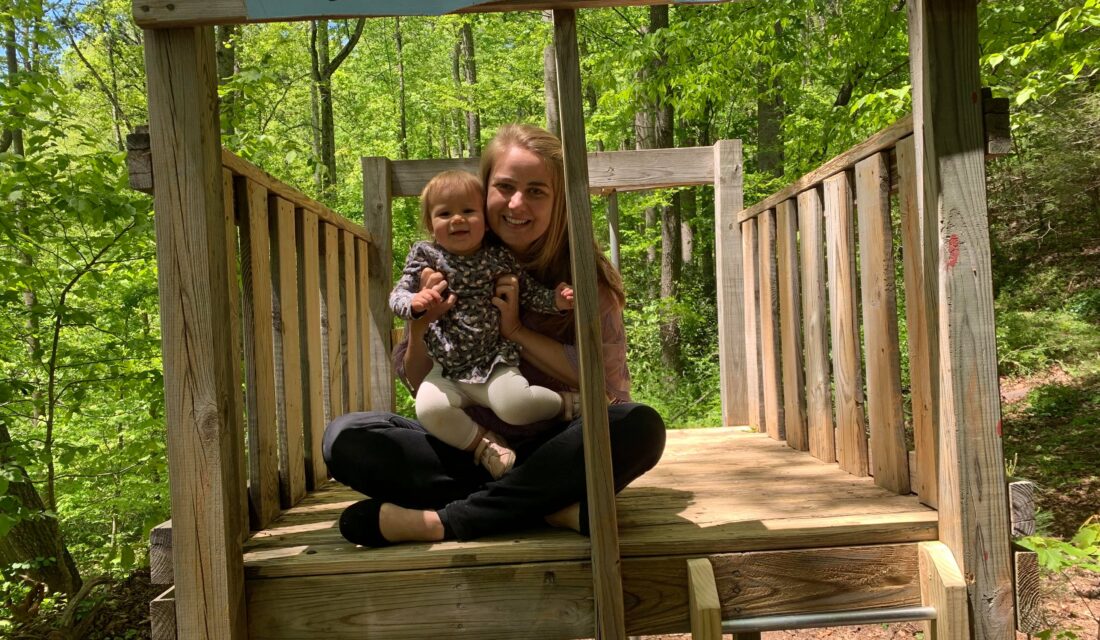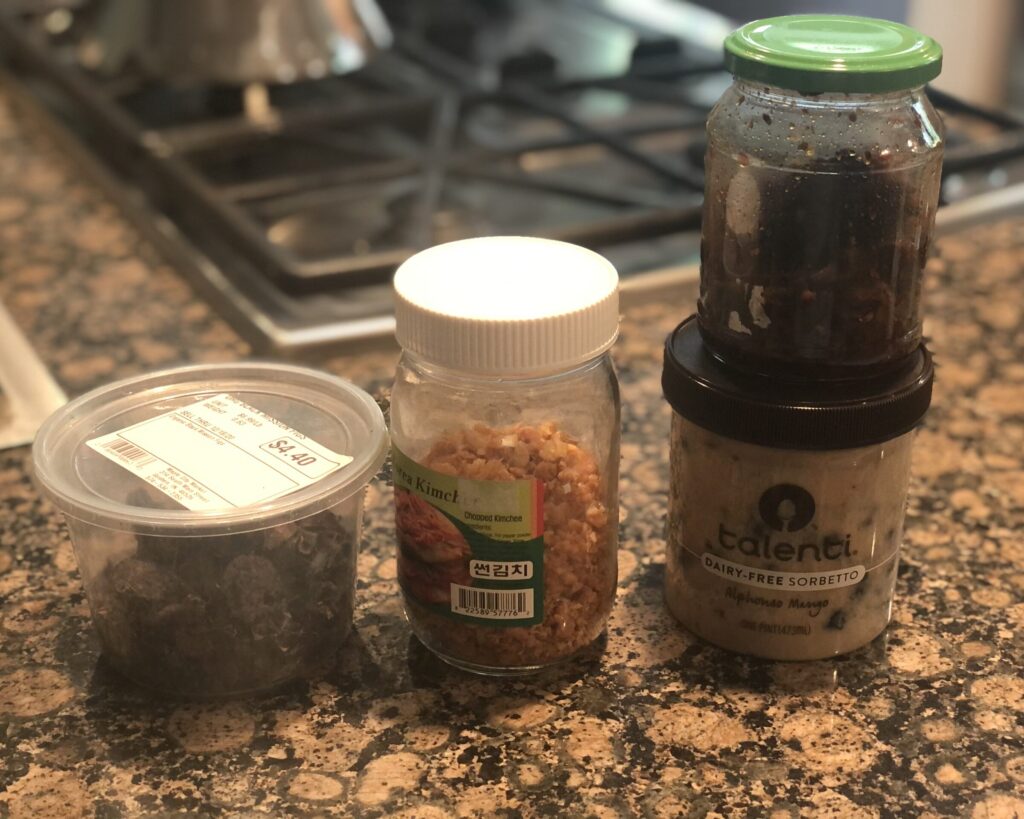10 Tips for Going Green at Home

I feel grateful to work for an organization that cares about the environment and recognizes climate as a key priority.
Did you know that Episcopal Relief & Development offsets around 350 tons of CO2 emissions each year by planting trees in the Philippines through the Episcopal-CARE Foundation? We also help communities prepare for and recover from climate-related disasters in a way that safeguards land and other natural resources to protect the environment.
In recent months, many of my colleagues have personally taken steps to live an environmentally-conscious lifestyle.
Check out these ten simple tips from our staff for going green at home. I hope that these tips inspire you to take small steps to go green in your own home as well!
1. Go Biking
Biking is a great way to get exercise, practice physical distancing and reduce your carbon footprint.
In order to avoid taking public transportation and cabs, I ride my bicycle around town, which I never did before. Not using mechanized transportation, I hope, is a tiny improvement to reliance on energy and fossil fuels. — Melissa Crutchfield, Director, Community Impacts
2. Regrow Food Scraps
Did you know that you can regrow lettuce, cabbage, bok choy, celery and green onions? It’s true. You can grow vegetables right in your kitchen and all you need is a little water and sunlight. Learn how here.
I have been researching what fruits and vegetables I can grow, in addition to all my other houseplants, in my apartment. Plants provide a bit of nature inside and, as a bonus, help clean the air! — Stephanie Quick, Manager, Communications & Media Relations
3. Limit Food Waste
As the saying goes, soup tastes better the next day. Make sure you eat or use all leftovers after meals. Don’t be afraid to get creative. Leftover chicken can become soup, chicken salad, chicken parmesan, chicken tacos…the opportunities are endless!
I make a list of grocery items to purchase before going to the store and strategically buy produce with longer shelf life. I try limiting food waste by practicing portion control when cooking and eating leftovers. I store my leftovers in food packaging that would otherwise be recycled, like safe reusable yogurt containers, glass jars left over from jams and plastic hummus containers.— Chou Nuon, Senior Manager, Program Knowledge

4. Use Less Paper Towels
Paper products kill millions of trees each year. Recyclable paper towels or reusable towels and sponges can drastically help reduce deforestation.
Need to dry off your hands after washing them? Use a towel. Need to wipe down the kitchen counter? Use a designated sponge.
5. Wash Your Hands
Washing hands is hygienic and environmentally friendly. If you have the choice, choose to wash your hands with soap and water. The environment will thank you.
When able, I wash my hands with soap and water rather than using hand sanitizers from a plastic bottle or in disposable wipe form. — Josephine Hicks, Vice President, Episcopal Church Programs
6. Use Natural Light
If you have windows in your home, opt for using natural light rather than electricity. This will not only help you save money but also help the environment.
I try to use windows for lighting during the day. — Richard Mathieu, Support Associate, Information Technology
7. Unplug
Did you know that your chargers and appliances consume energy even when they are not being used?
Consider unplugging your electronics at night and just charging them for an hour or two in the morning, at lunchtime and before bed. Also, consider unplugging electronics that aren’t being used to save money and energy.

8. Play Board Games > TV
Board games are a great way to bond in an “electronic-free” way with family and loved ones while you are staying at home.
We watch fewer movies/tv and instead spend more family time engaging in jigsaw puzzles, board games and cooking. — Nagulan Nesiah, Senior Program Officer, Disaster Response and Risk Reduction
9. Buy Plastic-Free
In addition to recycling, be conscious of what items you buy in the grocery store. Choose vegetables that you can carry in reusable bags rather than vegetables wrapped in plastic. Just make sure to wash them well!
I buy products that use less plastic – powdered detergents that come in a cardboard box, reusable feminine hygiene products, baking soda (rather than tubed toothpaste).— Vanessa Pizer, Senior Program Officer, International Programs
10. Go Outside (safely)!
Those that bond with nature are much more likely to take steps to protect it. Think about starting an indoor container garden or building a treehouse with your family if you have the space. If you don’t have nature easily accessible, consider walking in the morning around your neighborhood and feel the sunshine on your face.
I fixed up the old playground behind my house for my niece so that she can get outside and learn to love nature as much as I do. I am also making a tire swing for her on a big oak tree.
The COVID-19 pandemic has resulted in a decrease in CO2 emissions worldwide. As we begin to leave our homes, I encourage us to choose a new way forward. A way that protects all of God’s creation.
Episcopal Relief & Development is on board. In a recent survey, 98% of our staff said that they were interested in our organization adopting exemplary environmental sustainability practices. In the same survey, around 97% of staff said that they were open to serving poultry products in place of beef products at events in order to reduce our carbon footprint and 90% of our staff were open to adopting a “single-use plastic-free zone” in our office and at our events. We hope to implement some of these recommendations upon returning to the office.
Small changes really do make a difference and together I truly believe we can make lasting change.

Eleanor Withers is a Program Associate, Episcopal Church Programs at Episcopal Relief & Development.
Image 1: Eleanor fixed up a fun outdoor playground for her niece, Katie; Image 2: Chou shared a photo of her reusable containers at home; Image 3: Nagulan’s daughter pictured solving THE MET puzzle


